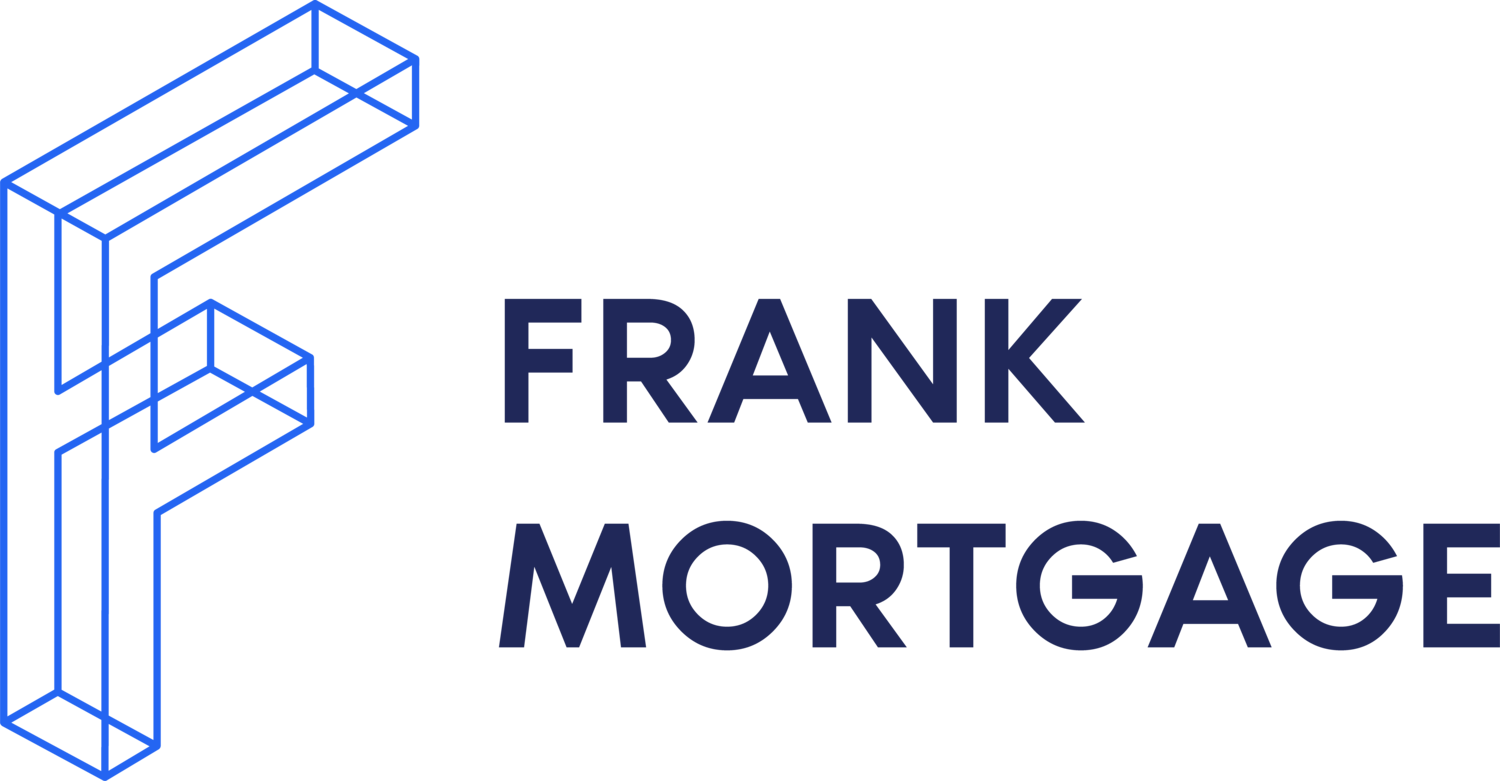Understanding Mortgage Rate Holds
A Guide for Mortgage Borrowers

A rate hold is a simple and easy way to reduce your mortgage stress. Securing a mortgage is a significant financial decision. Trying to navigate the market while interest rates are fluctuating like they have been recently can be challenging. One way to manage this uncertainty is by obtaining a rate hold from your mortgage lender or bank.
This blog post will explain what a rate hold is, how to get one, and the benefits and details you need to know.
What is a Rate Hold?
A rate hold is an agreement with a mortgage lender or bank to lock in a specific interest rate for a predetermined period, usually while you shop for a home or finalize your mortgage details. This means that even if interest rates increase during the rate hold period, you will still benefit from the lower rate that was held for you.
How Can You Get a Rate Hold for Your Mortgage?
Obtaining a rate hold is a relatively simple process. You can approach your bank and see if they will provide a rate hold. It can be better for you to shop around and research what other lenders can provide for you so that you get the best rate. Good mortgage brokers in Canada provide this service.
You then need to apply for the rate hold. This is another way mortgage brokers can help since they will handle the application for you. You just need to provide some information and documents to the mortgage broker. The information they will need at this time is basic information about your financial situation, including your income, credit score, and the amount you plan to borrow.
Once the lender reviews your information, they will approve your rate hold and provide you with a written confirmation of the locked-in rate and how long the rate hold is good for. Most rate holds are good for 120 days.
Benefits of Getting a Rate Hold
There are several benefits to getting a rate hold:
- Protection From Rate Increases: The primary benefit of a rate hold is protection against rising interest rates. If rates go up during your rate hold period, you are protected with the lower rate you secured.
- Time to Shop: A rate hold gives you the peace of mind and time to shop for a home without having to worry about what changing interest rates may mean to your budget or borrowing power.
- Budget Certainty: Knowing your interest rate in advance helps you better plan your budget and monthly mortgage payments.
- Flexibility: If interest rates drop after you secure a rate hold, most lenders will allow you to take advantage of the lower rates. Consult with your mortgage broker to be sure the lenders you are considering offer this.
- Lender Familiarity: The lender reviewed your circumstances to provide the rate hold. Later, when you make the final mortgage application, stress can be high. Having a lender that has already reviewed your file can make the final approval go more smoothly and quickly. The time spent early in the process obtaining the rate hold can pay off later.
A Few Important Details About Rate Holds
Duration: The most common period for a rate hold to last is 120 days. Some lenders only offer 90 days. Make sure you understand how long your rate hold lasts – the longer period of time for the rate hold, the better.
Rate holds are non-binding: Having a rate hold does not commit you to that lender. You can continue to shop around for better deals or terms during the rate hold period.
Rate Adjustments: While most lenders will allow you to benefit during the rate hold if rates drop, how they allow it can differ. Some may allow you to take the lower rate only at the time you are preparing to finalize your rate. Others allow you to apply for the rate drop at any time during the rate hold period, but some may only allow you to do this once during the rate hold period. A good mortgage broker can explain the specific rate drop policy for any lender you are considering.
Expiry: Once the rate hold period expires, you will need to re-apply for a new rate hold. If you have not yet finalized your mortgage before the rate hold expiry, the rate hold is no longer a benefit to you. You will need to apply for a new rate hold based on the current rates at the time.
Only Get a Lender Rate Hold: A rate hold from the lender binds that lender to the rate for you. Some mortgage brokers offer rate holds but they are not worth much. The mortgage broker does not lend and does not set rates. A mortgage broker rate hold is just a way for them to try to secure you as a customer, but their rate holds are not valuable to you as mortgage borrower.
Steps to Take When Your Rate Hold is About to Expire
Look Into Market Rates: Monitor current interest rates as your rate hold period comes to an end. If rates have decreased, contact your mortgage broker to see if you can lock in the new lower rate. If rates have increased discuss options with your mortgage broker.
Finalize Your Mortgage: If you are ready to proceed with your mortgage, work with your mortgage broker to get your full mortgage application submitted in time for you to keep the rate.
Ask for an Extension: If you need more time, ask your lender about the possibility of extending your rate hold. Some lenders may offer extensions under certain conditions.
Conclusion
A rate hold is a valuable tool for Canadian mortgage borrowers, providing protection against rising interest rates and giving you the confidence to shop for your home with interest rate worries set aside. Work with an expert mortgage broker to understand how to secure a rate hold and the benefits it offers. They can then help you navigate the mortgage process more effectively and secure the best possible financing terms for your new home.
Remember, being prepared for your mortgage journey will pay off. Knowing how to get a rate hold to reduce interest rate risk is just one of the most important ways to prepare to secure your new home with the least amount of stress.
Looking for great mortgage rate or a rate hold? Frank Mortgage is here for you. Find us at
www.frankmortgage.com or call us at 1-888-850-1337.
About The Author

Don Scott
Don Scott is the founder of a challenger mortgage brokerage that is focused on improving access to mortgages. We can eliminate traditional biases and market restrictions through the use of technology to deliver a mortgage experience focused on the customer. Frankly, getting a mortgage doesn't have to be stressful.
Related Posts




Mortgage Brokerage Licensed in Ontario (#13204), British Columbia, Alberta, Saskatchewan (#514115), Manitoba, Nova Scotia, Newfoundland & Labrador, and New Brunswick (#230015752).
© Frank Mortgage 2025 | All Rights Reserved


